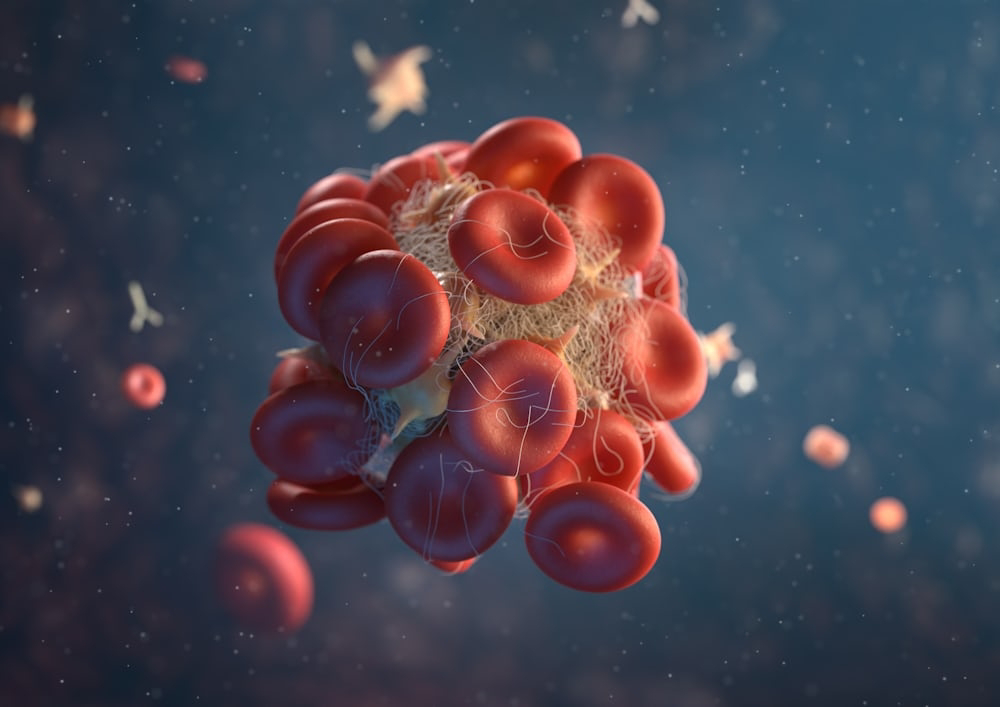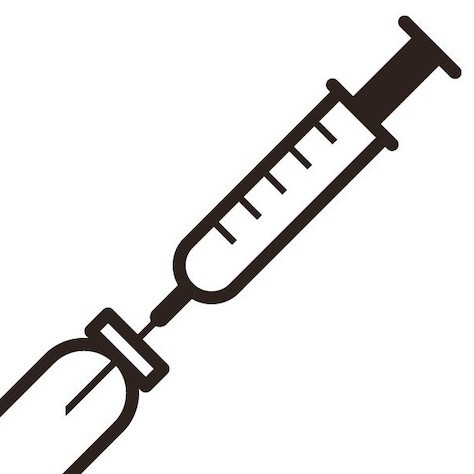Top Ten Reasons Men Quit Using Testosterone Replacement Therapy (TRT)
Testosterone Replacement Therapy (TRT) is a common treatment for men with low testosterone levels, aiming to improve energy, mood, muscle mass, and overall quality of life. However, despite its benefits, many men choose to stop TRT. Let's dive into the top ten reasons why men decide to quit this transformative therapy.
1. Side Effects
While TRT can significantly improve quality of life, it’s not without its side effects. Common issues include acne, sleep apnea, and increased red blood cell count, which can lead to blood clots. Some men also experience breast enlargement and tenderness. These adverse effects can be bothersome enough to make men reconsider the therapy.
2. Hormonal Imbalance
TRT aims to balance testosterone levels, but it can sometimes disrupt the balance of other hormones, such as estrogen. Elevated estrogen levels can lead to water retention, mood swings, and weight gain. The challenge of achieving and maintaining the right hormonal balance can deter men from continuing with TRT.
3. Financial Cost
TRT is a long-term commitment, often requiring ongoing medical supervision, regular blood tests, and prescription costs. These expenses can add up quickly, making it a significant financial burden for some men. The high cost of maintaining therapy can lead to discontinuation, especially if insurance coverage is limited or unavailable.
4. Needle Phobia
For those receiving injectable testosterone, the frequent need for self-injection can be daunting. Needle phobia or the discomfort associated with regular injections can become a major deterrent, prompting men to quit TRT. Alternative delivery methods like gels or patches may not always be as effective or convenient.
5. Inconvenience
TRT requires consistent administration and regular monitoring, which can be time-consuming and inconvenient. Frequent doctor visits, blood tests, and the need to remember daily or weekly medication schedules can disrupt daily routines. The inconvenience of managing therapy can outweigh the perceived benefits for some men.
6. Lack of Immediate Results
TRT is not a quick fix. It often takes several months to notice significant improvements in symptoms. Men expecting rapid results may become frustrated with the slow progress and decide to stop the therapy prematurely. Patience is crucial, but the lack of immediate gratification can lead to discontinuation.
7. Emotional and Psychological Factors
The decision to start or continue TRT can be influenced by emotional and psychological factors. Some men may struggle with the idea of relying on a therapy to feel normal, leading to feelings of inadequacy or dependence. Mental health issues, such as depression or anxiety, can also impact the decision to quit.
8. Misconceptions and Stigma
Despite increasing awareness, there is still a stigma surrounding TRT. Misconceptions about the therapy, such as equating it with anabolic steroid use, can deter men from continuing. Concerns about societal judgment or misunderstanding from friends and family may also contribute to the decision to stop.
9. Improvement in Symptoms
Ironically, the success of TRT can sometimes lead to its discontinuation. When men experience significant improvements in their symptoms, they might feel they no longer need the therapy. However, stopping TRT can cause testosterone levels to drop again, leading to a recurrence of symptoms.
10. Medical Advice
In some cases, doctors may advise patients to stop TRT due to medical reasons. If side effects become severe or if there are concerns about long-term health risks, healthcare providers might recommend discontinuing the therapy. Following medical advice, men may choose to quit TRT to prioritize their overall health.
Testosterone Replacement Therapy offers numerous benefits, but it's not a one-size-fits-all solution. The decision to quit TRT is often complex, influenced by a combination of physical, emotional, and practical factors. Understanding these reasons can help men make informed choices about their health and well-being, ensuring they find the best path forward for their unique needs.





Comments
Post a Comment